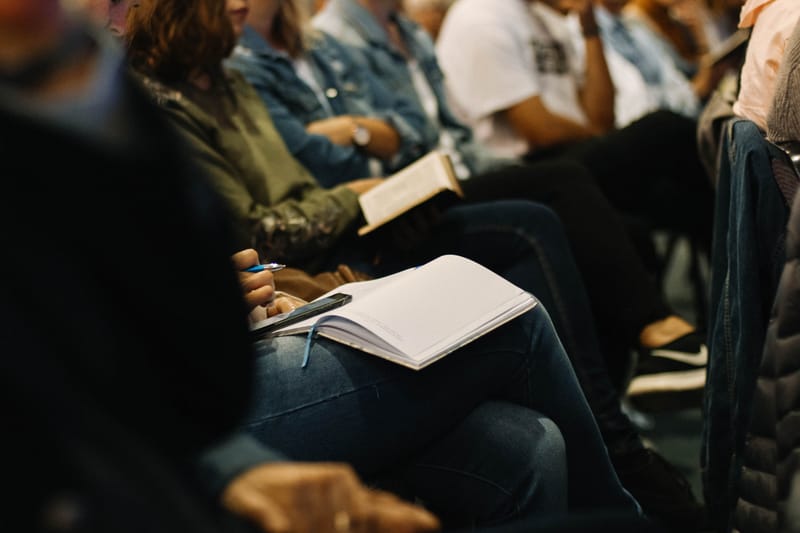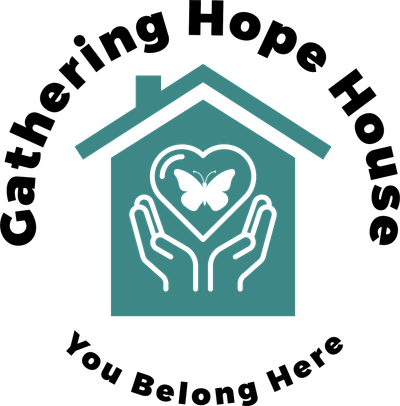Supportive Groups

Peer Support Groups:
Peer support groups allow participants to discuss aspects of their mental illness, struggles they are facing in their recovery, and get support from others in similar situations. These peer support groups also offer our members opportunities to learn about community resources, develop support networks and learn self-help techniques from each other. We offer peer support groups Monday through Thursday.
Ken’s Group
Ken’s Group was created in honor of a Gathering Hope House member who committed suicide after having a challenging weekend. This group meets every Monday morning as a way to gauge their emotional and mental temperature from the weekend, to re-connect and to discuss and problem solve challenges experienced over the weekend.
Relationships Group
This group encourages members to learn about establishing healthy boundaries and relationships that promote social connections and help develop a support network. This group also features journaling, self-assessments and lively discussions as well as opportunities for healing and validation from past traumatic relationships.
Embracing the Arts
The benefits of the Art Group is for the members to freely express themselves while they grow in their recovery. This diverse community mental health Art Group is a mechanism and coping tool that encourages developmental approaches toward overcoming barriers in the recovery process. Art projects, supplies, tools and instructions are provided to help members develop and create works of art through their own expression and creativity. Gathering Hope House hosts an annual art show where members can sell and share their works with the community.
Diabetes Support Group
This group is offered while Lorain County Nursing students are at GHH for two semesters throughout the year and help to facilitate the group with our staff. Diabetes can be an overwhelming disease because it impacts so many areas of daily life. It’s important to have support from family, friends and from other people with diabetes. Don’t underestimate the importance of peer support. Our Diabetes Support Group is open to people with diabetics and non-diabetic members looking for answers and information on Diabetes.
Self Esteem Group
This group utilizes interactive techniques for members to increase their self-esteem and confidence through group activities, arts and crafts, role plays and other fun methods of self-discovery and validation.
Facilitated Groups:
Addictions Group:
The Addictions Group offers education on addiction awareness, the nature of addictions, discussion, skill building methods and a variety of coping and learning methods to increase self-help skills. This group is offered every Thursday.
CALM Group:
Stands for Controlling Anxiety And Learning to Manage. Members learn and discuss various anxiety related disorders, techniques, methods and tips to help manage symptoms and develop increased coping and tolerance skills.
Mind Over Mood:
This group builds upon the fundamentals of behavior modification and helps participants learn methods of changing their unhealthy behaviors and thoughts into more positive, functional behaviors and thoughts.
Social Skills:
A fun and interactive group designed to help members increase and practice their communication and social skills. Focuses on a number of skill areas such as conversation skills, communication and self-advocacy skills, friendship, dating, conflict management, and assertiveness skills.
AWARE:
Stands for Advocating Wellness And Recovery Education. This group offers mechanisms for members to learn about their mental illness and tools to increase their self-care, relapse prevention skills, and provides encouragement and supports positive changes to member’s mental, emotional and physical health through goal setting and group support. This program also helps in facilitating long term changes.
Life Skills:
The Life Skills Group offers education and support to our members on a variety of topics aimed to help members manage many areas of their daily activity functioning such as with money management, housing issues, medical issues, self-advocacy, communication, working with a support team, increasing resiliency and other areas of life skills.



